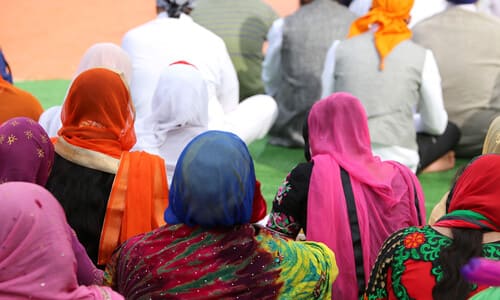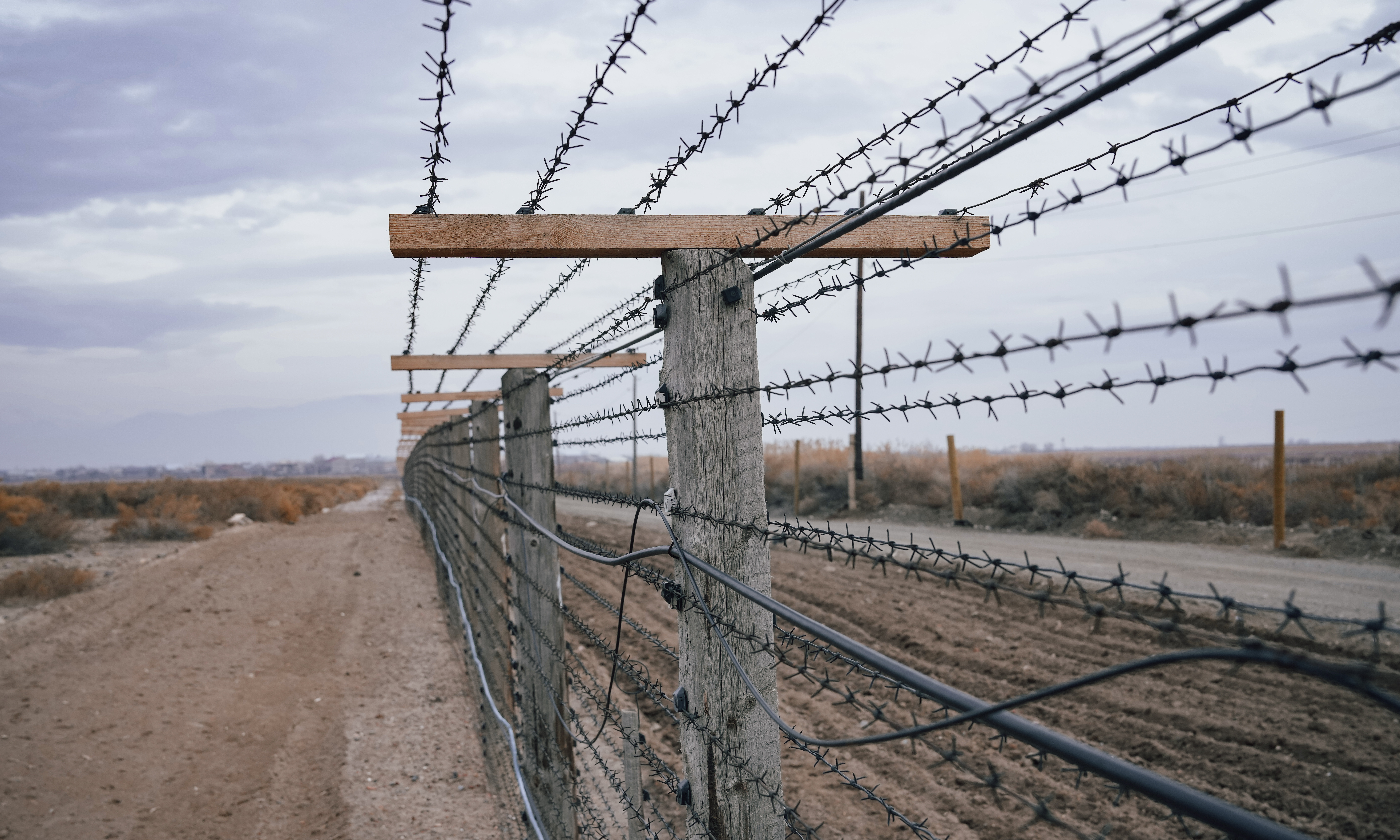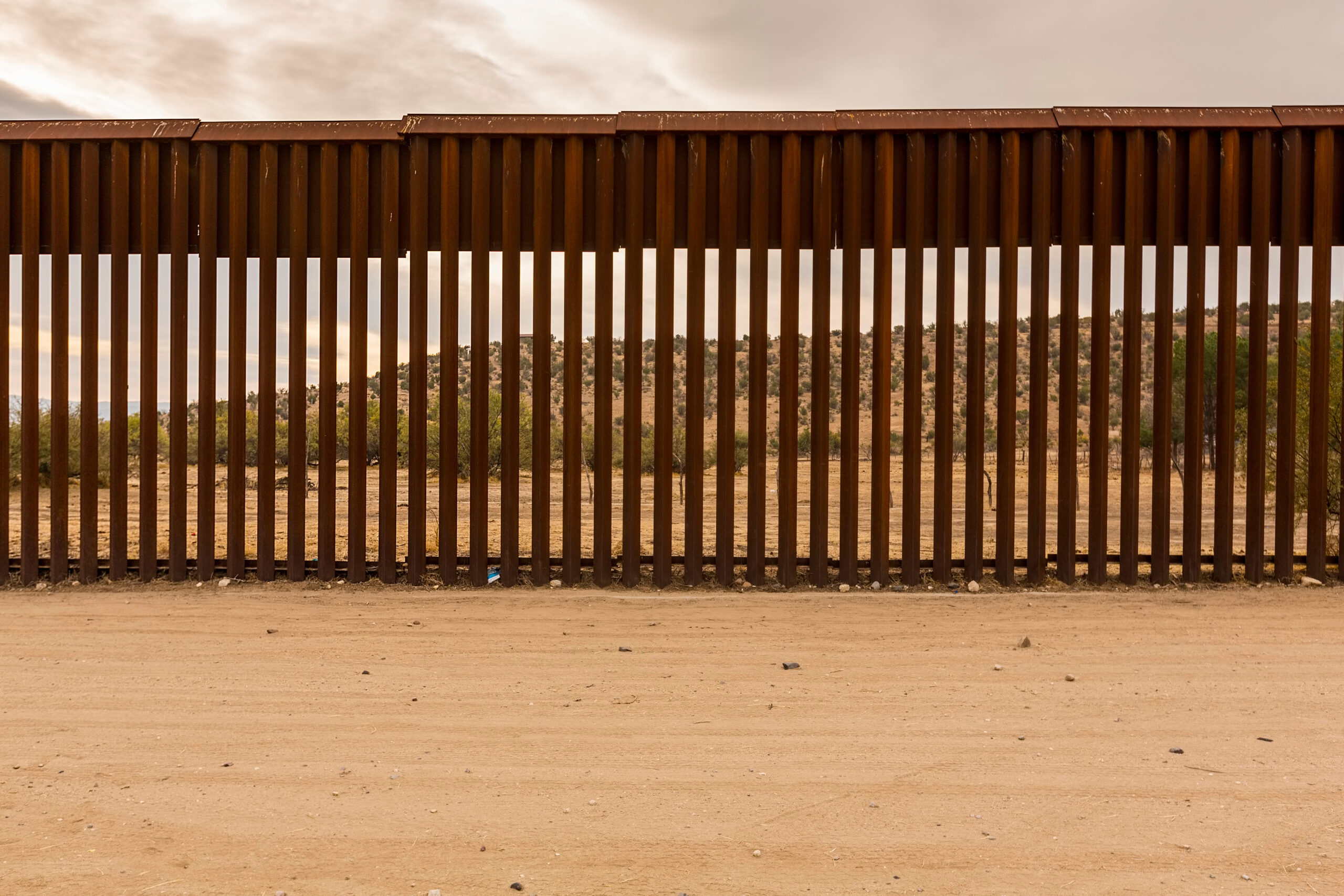
The reality is that now, just after Latin American countries, Indians now make up the second-largest demographic of migrant asylum-seekers. A 2022 report by The Quint noted that a record number of Indian migrants were apprehended or otherwise encountered at the border: 9,234. It also raised the question of whether these migrants were legitimately fueled by fears of persecution and harm or if they were simply seeking better economic opportunities for their families.
Thankfully, The Quint put in its research and uncovered an earlier and oft-quoted interview with immigration attorney Deepak Ahluwalia. He details the very real fears Indians face since the rise of the nationalist Bharatiya Janata Party in 2014, especially religious minorities like Punjabi Sikhs.
Asylum Requests Increasing for Indian Migrants, But Approvals Remain Low
Most individuals traveling thousands of miles to reach the U.S. have one goal: get caught. Once inside U.S. territory, they are likely to turn themselves into border patrol agents. Then, once the agents begin processing them for deportation, they can request asylum as a defense.
Asylum requestors must be able to demonstrate that they have a “credible fear” of persecution or harm should they return home. These interviews are now taking years to set up, with tens of thousands of migrants living in the U.S. either as detainees or as individuals with a “limbo” status. Most intend to report to their hearings as soon as they are called, but they face confusion about appointment dates and the risk of falling through the cracks entirely.
Quint’s analysis of 2017 Department of Homeland Security (DHS) figures show that of 3,000 Indian asylum applicants from that year, just 700 were granted their request to remain legally in the U.S. Data generated by the Executive Office for Immigration Review shows just 604 approvals in FY 2023 as of January of that year. Defensive asylum requests filed by Indian nationals peaked in 2019 at 11,091 but then fell off in 2020 to 5,449 — still enough to make up nearly 3% of all cases that year.
Fears Sikhs and Others Face in India Are Real, Says U.S. Immigration Attorney
While The Quint briefly raised the possibility that some who are requesting asylum could merely be looking for a way to lift their family’s economic prospects, experts it cites quickly dismiss that premise.
They quote Deepak Ahluwalia as recounting that “his experience with clients from Punjab, Delhi, Haryana, UP, and Himachal Pradesh shows that political dissidents, minorities, LGBTQ community members, and even young people in inter-caste marriages are feeling threatened and undertaking the long and arduous journey to seek asylum in the US through Central and Latin American countries.”
Further, another cited expert pointed out the fact that many families are putting up their entire life savings to make the journey without any sort of seed funding for getting a foothold once in the U.S. — not exactly a tempting economic prospect.
What’s really happening, as evidenced by Ahluwalia and others, is that individuals are terrified of what might happen should they stay behind in India much longer.
The Quint report cites an individual who states, “he left Punjab because he was assaulted and threatened by the ruling Congress party’s cadre for belonging to and supporting the Sikh Shiromani Akali Dal party.”
Stories like this are not uncommon, and they have been triggering waves of unease and vocal outcry as hate crimes under the BJP regime skyrocket.
Anyone Looking for Assistance With Asylum or U.S. Immigration Should Reach out to Our Experienced Attorneys
Singh Ahluwalia Attorneys at Law was formed by legal minds established in the field of immigration law. Collectively, they have helped tens of thousands of clients avoid deportation and other outcomes that could risk their safety — as well as separate them from their families.
If you have concerns about yourself or a loved one and would like representation, we are here to assist you with your immigration case. Schedule a confidential, no-obligation case review today when you contact us online or by phone.








